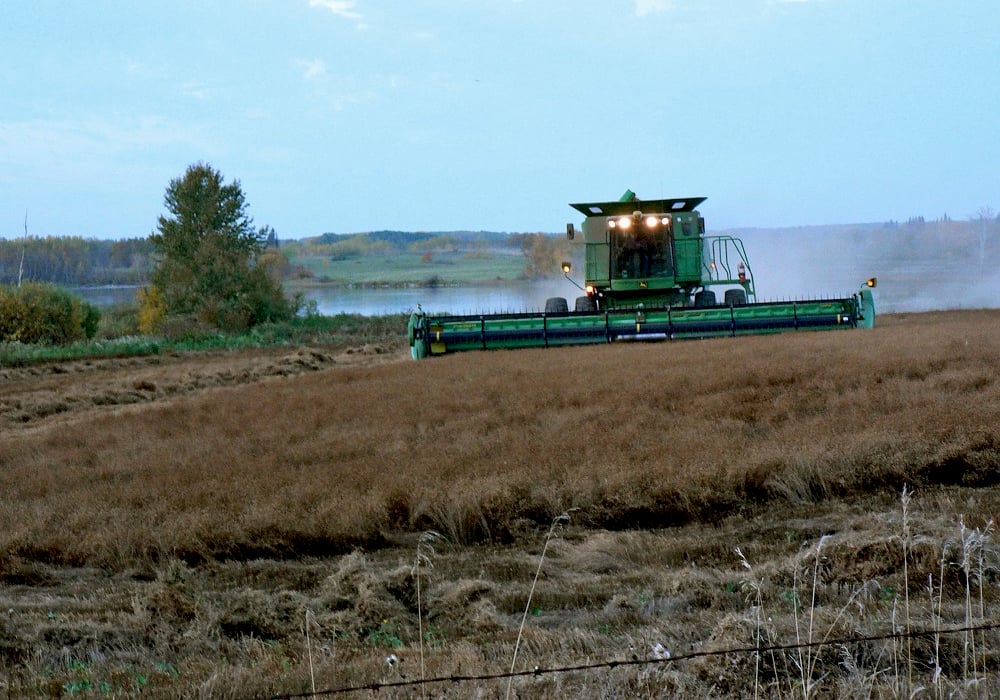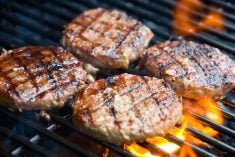SANTIAGO, (Reuters) – Argentine biotechnology company Bioceres SA said on Tuesday that Paraguay, the fourth largest exporter of soy, had approved a soybean seed resistant to drought and “HB4” herbicides, adding the South American nation to a growing list of countries authorizing it.
The variety, developed by Bioceres and U.S.-based Arcadia Biosciences Inc through joint venture Verdeca, has already been approved by the United States, Brasil and Argentina, the world´s three top soy exporters.
Canada, which exports 70 percent of soybeans produced here, is the fifth largest exporter of soybeans, moving 5.3 million tonnes in 2018-19.
Read Also

Most of Manitoba harvest wraps up for 2025
Manitoba Agriculture issued its final crop report of 2025, showing the overall provincewide harvest at 97 per cent complete as of Oct. 20. Nearly all major crops have finished combining, with 37 per cent of Manitoba’s sunflowers finished, plus 71 per cent of grain corn and small amounts of soybeans and potatoes left to do.
“Seen from the standpoint of market opportunity, this not only adds more than 3 million hectares (7.4 million acres), but also helps us in development efforts for southern Brazil, where production conditions are generally similar,” said Bioceres CEO Federico Trucco in a statement.
The company said China, the world’s leading importer of soybeans, continues to evaluate the approval of the “HB4” variety. Bioceres said it expects a decision by the end of 2020.
“A green light from the Chinese is a necessary condition for the sale of the variety in Argentina”, he added.
The U.S., Brazil, Argentina and Paraguay together are responsible for 93% of the 149.7 million tons of soybeans to be exported in the 2019/20 harvests, according to the United States Department of Agriculture (USDA).
China is a key market for the top five exporters.














